Basic mechanisms and molecular therapeutics of solid tumors
Our inter-disciplinary laboratory-based team at UCSF and the Chan-Zuckerberg Biohub studies basic mechanisms and cell biological principles of solid tumor pathogenesis, with a focus on lung cancer, the leading cause of cancer mortality. We aim to uncover fundamental principles of cancer initiation, progression, and therapeutic response and resistance and to translate the findings to improve cancer patient outcomes.
We study the fundamental biology of how clinically important oncoproteins organize and initiate oncogenic signaling and the therapeutic relevance in hypothesis- and curiosity-driven studies. A major focus is oncogenic kinase and RAS GTPase signaling. For example, in investigating the subcellular localization of certain receptor tyrosine kinase (RTK) gene rearrangements (ALK, RET) that signal via RAS and are validated targets in lung cancer and other cancers, we recently discovered an unanticipated subcellular platform and fundamental oncogenic mechanism that organizes and initiates oncogenic signaling: membraneless cytoplasmic protein granules. This represents a distinct mechanistic paradigm in signal transduction and cancer biology. One major goal is to pioneer the mechanistic understanding of how this distinct class of phase separated biomolecular condensate forms, functions, and could be more general and pharmacologically modulated to create chemical probes and a distinct class of cancer therapeutics that complements current approaches.
That discovery arose from our investigations of mechanisms underlying lung cancer pathogenesis and therapeutic resistance. This ongoing body of work includes identification of genetic (adaptive genome mutability programs reminiscent of microbial systems) and non-genetic (adaptive transcriptional programs, lineage plasticity switches, cell-cell interactions across the tumor-tumor microenvironment ecosystem) mechanisms that arise dynamically to promote resistance evolution. One innovative focus is on mechanisms underlying residual disease on therapy, a precursor to lethal tumor progression and poorly understood in many solid malignancies. We aim to address this gap to develop proactive, versus reactive, strategies to combat resistance.
The overall goal of this research program spanning fundamental mechanistic and applied science is to understand the regulatory principles underlying cancer pathogenesis spanning both cancer cells and the greater tumor microenvironment ecosystem to improve cancer therapy and patient survival.
Our research program has been fortunate to receive support from several sources, including the Chan-Zuckerberg Biohub, the NIH/NCI and the Cancer Moonshot Program, the NCI Acquired Resistance to Therapy Network, the Howard Hughes Medical Institute Collaborative Innovation Award Program, and the Searle, Doris Duke, Kimmel, and Pew Foundations, among other generous supporters. This support has enabled us to address challenges impeding progress towards transforming lung cancer and other solid malignancies from lethal diseases into chronic or curable conditions.
Please contact us for more information regarding ongoing research projects. We welcome anyone who is interested in joining or supporting our basic and translational research program to contact and visit us.



